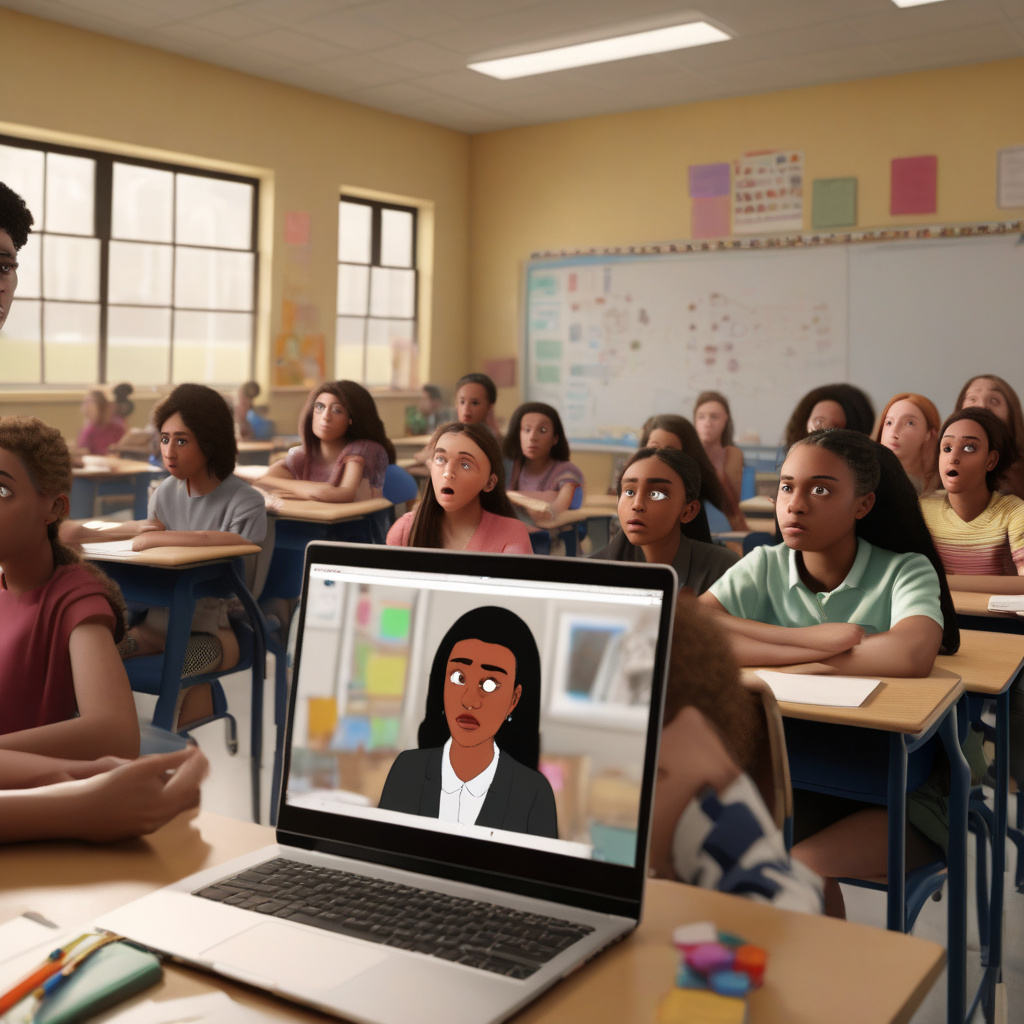Deepfake Abuse in Schools: Addressing Legal and Ethical Concerns
The rise of deepfake technology has sparked a wave of concern across various sectors, including schools. With the proliferation of AI-generated explicit images circulating among teens, the education system is facing a new set of challenges with little legal oversight. The implications of deepfake abuse in schools raise significant legal and ethical concerns that must be addressed promptly to safeguard students and maintain a secure learning environment.
Deepfake technology utilizes artificial intelligence to create highly realistic but fabricated content, including videos and images. While this technology has shown promise in various fields such as entertainment and marketing, its misuse has become increasingly prevalent, particularly among teenagers. The ease of access to sophisticated tools for creating deepfakes has enabled malicious individuals to target students, leading to instances of cyberbullying, harassment, and even blackmail.
One of the primary legal concerns surrounding deepfake abuse in schools is the lack of specific legislation to address this issue. Current laws may not adequately cover the nuances of deepfake technology, leaving students vulnerable to exploitation without clear legal recourse. As a result, there is a pressing need for policymakers to enact regulations that specifically target the creation, distribution, and possession of deepfake content, especially when it involves minors.
Moreover, the ethical implications of deepfake abuse cannot be overlooked. The creation of AI-generated explicit images or videos not only violates an individual’s privacy and consent but also has the potential to cause irreparable harm to a student’s reputation and mental well-being. In a school setting, where students are already navigating complex social dynamics, the proliferation of deepfake content can exacerbate existing challenges and create a hostile environment for learning.
Addressing deepfake abuse in schools requires a multi-faceted approach that combines legal frameworks, technological solutions, and educational initiatives. Schools must prioritize digital literacy programs that educate students about the dangers of deepfakes and empower them to identify and report suspicious content. By promoting critical thinking skills and responsible online behavior, educators can help students navigate the digital landscape safely and ethically.
Furthermore, collaboration between schools, law enforcement agencies, and technology companies is essential to combat deepfake abuse effectively. Schools should establish clear protocols for responding to incidents of deepfake harassment or bullying, involving relevant stakeholders to ensure a swift and appropriate resolution. Additionally, partnerships with tech companies can facilitate the development of tools to detect and mitigate the spread of deepfake content across online platforms.
In conclusion, the prevalence of AI-generated explicit images in schools underscores the urgent need for proactive measures to address deepfake abuse. By recognizing the legal and ethical implications of this issue, stakeholders can work together to safeguard students from harm and promote a culture of digital safety and responsibility. As technology continues to advance, staying vigilant against emerging threats such as deepfakes is crucial to creating a secure and supportive environment for all students.
deepfake, schools, legal concerns, ethical implications, AI-generated images












